As we prepare for the first Citizens’ Assembly for Northern Ireland, we have invited key stakeholders and our own Advisory Group members to reflect on the significance of deliberative democracy in Northern Ireland. In this guest post, Paul Nolan, independent researcher and NI Citizens’ Assembly Advisory Group member, looks at how democratic innovation might help break decades-long political stalemate.

Paul Nolan, researcher and Citizens’ Assembly Advisory Group member
It is easy to misunderstand the crisis of Northern Ireland politics. Given that the Assembly has collapsed five times since powers were first devolved in 1999 – for periods stretching from 24 hours to four and a half years – it may seem like we just don’t ‘do democracy’ very well. It may be something in our history, or something in the water, or something in the way our brains are wired, but the forms of parliamentary democracy are beyond our reach. Or so it might seem.
If any of these was true then we might have a simple explanation for our problems, but when we seek to understand complex problems, simple solutions are usually wrong. And so it is in this case. If we turn our gaze from the parliament building on the hill down the road to Belfast City Hall, or indeed if we look at any of the other district councils, we can see that the same political parties manage to make democracy work at local level – albeit with a fair amount of sectarian squabbling. The problem therefore may not lie with the people but with the democratic machinery they are given to operate.
Thanks to the clever constitutional engineering of the Good Friday Agreement we have a complex set of checks and balances, but the experience over the past twenty years has shown that the system of mutual vetoes has led to stalemate after stalemate, and then collapse after collapse. The system of community designation means that weighting is given only to nationalist and unionist identities, but that has not proved adequate to dealing with the complexities of modern life. We can’t deal with cyber bullying, or care for the elderly, or coastal erosion by looking through orange or green lenses. We need to find ways to allow other perspectives to be considered.
If we return to Belfast City Council for a moment it is worth looking at the Shared City Partnership, which operates alongside the more traditional form of politics in the council chamber. The Shared City Partnership allows elected councillors to sit down with civil society representatives from the faith, community, voluntary, trade unions and private sectors to engage in a more deliberative form of democracy. Sectarian affiliations and party labels are put aside to allow for reflective consideration of difficult issues and the group strives for consensus, not the victory of one side over the over. The recommendations of the Shared Society Partnership are usually accepted by the council – this is an experiment in democracy that seems to show that people in Northern Ireland can find ways to make politics work.
“Right now, citizens’ assemblies seem the most productive way to allow politicians to jump the tramlines of party antagonism and allow for innovative approaches to difficult problems.”
We need more experiments of this kind. Right now, citizens’ assemblies seem the most productive way to allow politicians to jump the tramlines of party antagonism and allow for innovative approaches to difficult problems. Early versions in Canada, dating back to 2004, have allowed proposals on electoral reform to be put to the people in referendums (once in Ontario, twice in British Columbia). Subsequently, a citizens’ assembly in the Netherlands made its recommendations to the government rather than directly to the people through a referendum. There is no single right way to organise a citizens’ assembly, but the international consensus seems to be that the Ireland is currently leading the world in developing the model. Ninety-nine individuals and one chairperson listening to experts, sifting evidence and moving slowly towards conclusions has proved a workable model for dealing with the issues that the Dail’s politicians couldn’t resolve on their own.
If they made it work in Dublin, we can make it work here in Belfast. Has anyone got a better idea?

Recent Comments